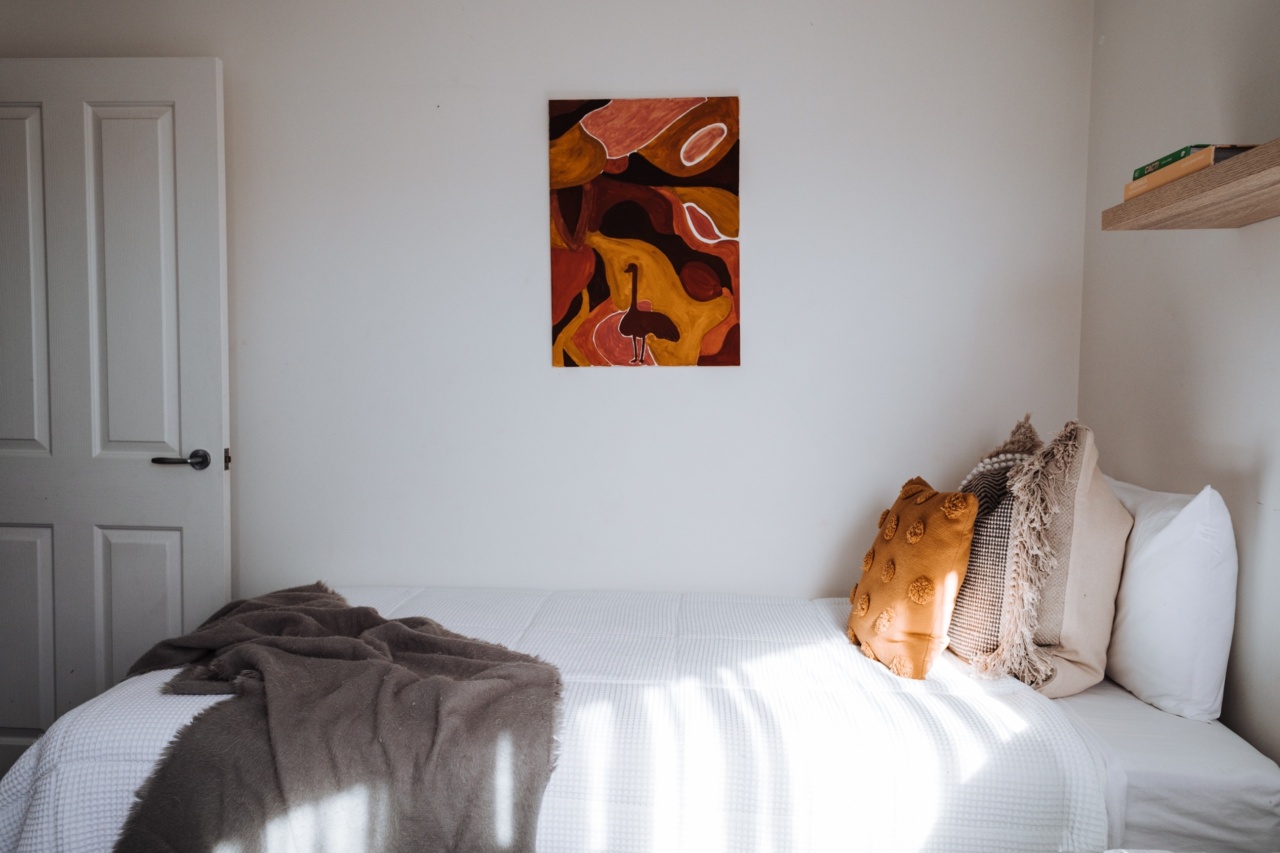Obstructive sleep apnea (OSA) is a condition where a person’s breathing is repeatedly interrupted during sleep due to the collapse of the upper airway.
This can result in snoring, gasping, and choking during sleep, as well as daytime sleepiness and other health issues. While OSA can be a serious condition, there are several simple things that you can do to help cure it. In this article, we will discuss seven tips that you can use to help cure your obstructive sleep apnea.
Tip 1: Lose Weight
If you are overweight or obese, losing weight can be one of the most effective ways to cure OSA. Extra weight can put pressure on your airway, making it more likely to collapse during sleep.
Losing weight can also improve your overall health and reduce your risk of other health problems, such as heart disease and diabetes. A weight loss of just 10% of your body weight can make a big difference in reducing the severity of your OSA symptoms.
Tip 2: Avoid Alcohol and Sedatives
Alcohol and sedatives can relax the muscles in your airway, making it more likely to collapse during sleep. Avoiding these substances, especially in the evening, can help to reduce the severity of your OSA symptoms.
If you do need to take a sedative medication, talk to your doctor about taking the lowest effective dose and avoiding it close to bedtime.
Tip 3: Sleep on Your Side
Sleeping on your back can make your OSA symptoms worse, as it can cause your tongue and soft palate to collapse towards the back of your throat. Sleeping on your side can help to keep your airway open during sleep.
You can try using pillows or special devices, such as a body pillow or a wedge pillow, to help you stay in a side-sleeping position.
Tip 4: Exercise Regularly
Regular exercise can help to improve your overall health and reduce your risk of OSA. Exercise can also help to strengthen the muscles in your airway, reducing the likelihood of collapse during sleep.
Aim for at least 30 minutes of moderate exercise, such as brisk walking or cycling, most days of the week.
Tip 5: Use a Humidifier
Dry air can irritate the tissues in your airway, making your OSA symptoms worse. Using a humidifier in your bedroom can help to keep the air moist and reduce irritation.
Make sure to clean your humidifier regularly to prevent the growth of bacteria or mold.
Tip 6: Quit Smoking
Smoking can worsen your OSA symptoms, as it can cause inflammation and swelling in your airway. Quitting smoking can be challenging, but it can make a big difference in reducing your risk of OSA and other health problems.
Talk to your doctor about resources and support to help you quit.
Tip 7: Get Treatment for Underlying Health Conditions
Underlying health conditions, such as allergies, asthma, or nasal congestion, can contribute to your OSA symptoms. Getting treatment for these conditions can help to reduce inflammation and improve your breathing.
Talk to your doctor about getting treatment for any underlying health conditions that may be contributing to your OSA.
Conclusion
OSA can be a serious condition, but there are several simple things that you can do to help cure it.
By losing weight, avoiding alcohol and sedatives, sleeping on your side, exercising regularly, using a humidifier, quitting smoking, and getting treatment for underlying health conditions, you can improve your breathing and reduce the severity of your OSA symptoms.





























